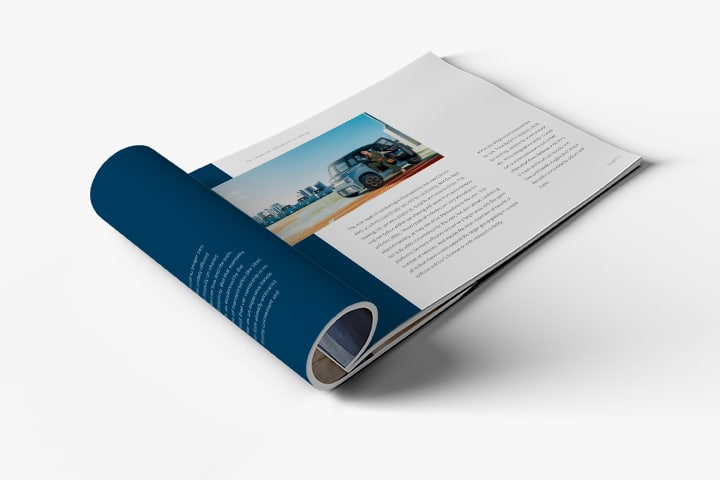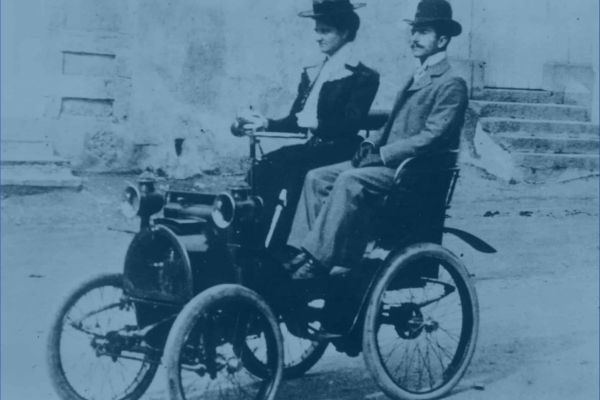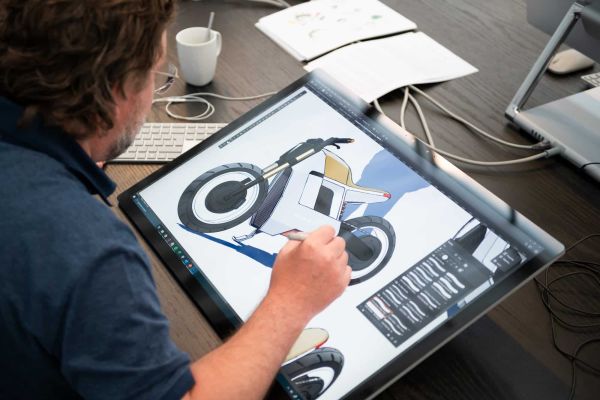What about hydrogen?
It is clear that hydrogen is the fuel of the future. In terms of performance, hydrogen has an energy density of about 120 MJ/kg, almost three times more than diesel or gasoline. In electrical terms, hydrogen’s energy density is equivalent to 33.6 kWh of usable energy per kg, versus diesel which can only hold about 12-14 kWh per kg. And when consumed in a fuel cell, it produces no pollutants, only water.
However, we are not there yet. Some major obstacles still need to be overcome:
– (Green) production: While hydrogen is the most abundant element in the universe, it is not ubiquitous on earth. It is extracted from electrolysis, solar processes or biological processes, but to date about 95% of all hydrogen is still produced from steam reforming of natural gas (gray hydrogen). The efficiency of green processes (or processes powered by green energy) will need to be optimized before hydrogen can be adopted as a truly green and cost-effective energy source. But scientific research begins to pay off as solar-based disruptive technologies are being developed that convert water vapor directly into hydrogen gas, with unprecedented efficiency.
– Network and security: Ports and industrial sites near petrochemical industries are investing in large hydrogen storage tanks. Transport and storage of hydrogen, however, requires expertise from safety specialists. While this expertise is present at the industries, it is much more complicated to extrapolate this safety model to smaller gas stations across cities. Transporting the fuel to these stations is an even more complex and dangerous challenge of its own.
In conclusion, in the short term, long-distance big haul trucks can benefit greatly from hydrogen as a high-performance green fuel. And surely it is the perfect fuel for future aircraft. As cargo fleets (land, sea and air) become more and more autonomous, this need for 24/7 transportation will only increase. So, starting from about 2050, cars and smaller mobility solutions are also expected to run on hydrogen, but surely they will be the last vehicle category to make the switch.
And what about batteries?
Batteries are considered a transition technology. Once solutions are found to the current hurdles, which is expected to be within 20 years, hydrogen will take the lead. Although there is some serious catching up to do, as battery technologies must also become even more performant, reliable and cheap.
References
This got your attention, right?
Listen to our podcast where Thomas and Simon, the authors of this paper discuss background stories and more insights in a succinct manner.
Download the paper

Related blogs

Camping case
Discover how Creax can help identify new opportunities and innovate products by utilizing a human-centered design approach in this camping case study.

Embrace the future
Technological breakthroughs and evolving new industries make an exciting prospect, with new challenges & possibilities. But it’s no easy feat keeping up!

Can data (only) lead your company into the next decade?
Creax presents a new data-driven methodology for future thinking. The framework brings confidence to take strategic decisions, leads to opportunities for your business and stimulates the creative innovation process.










